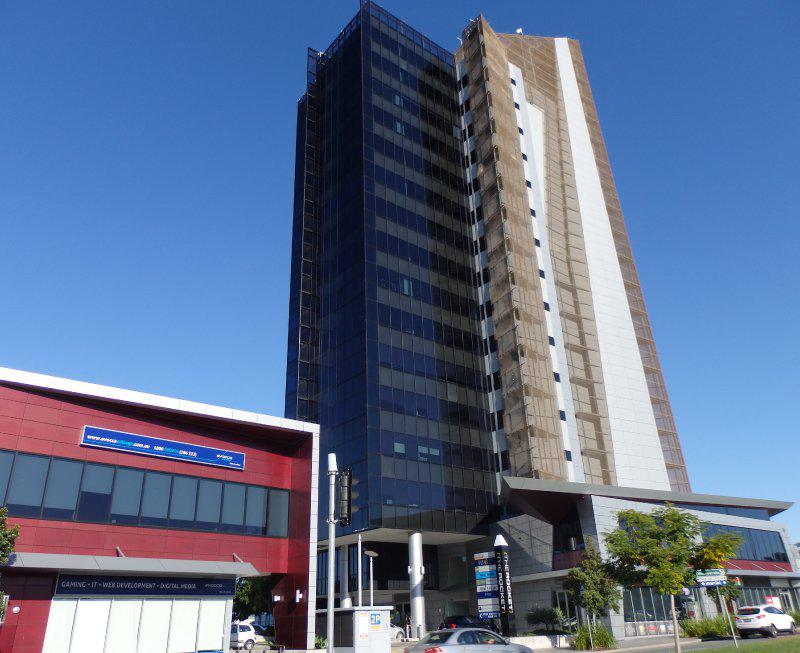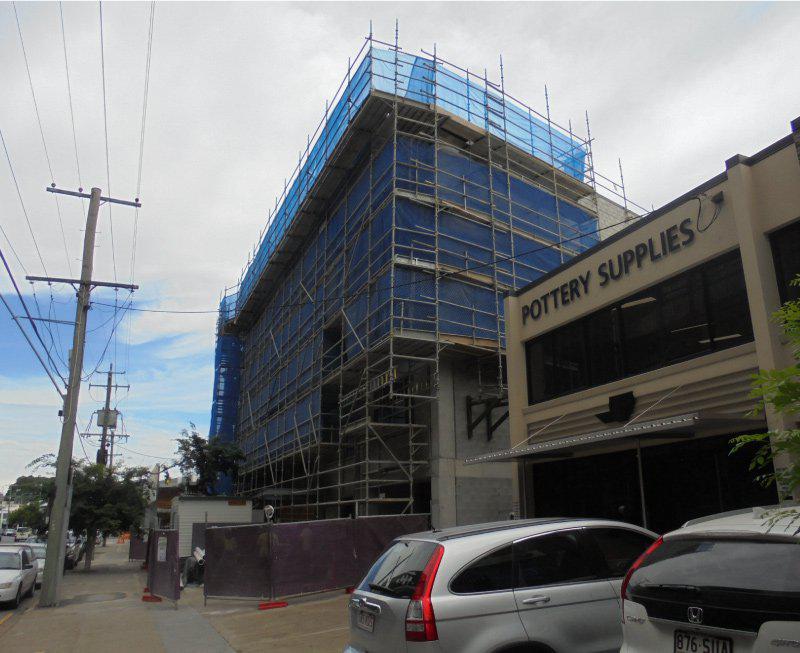Redefining The Role Of The Superintendent: Ensuring Effective Conversion Of Project Concept To Completion
The role of the Superintendent is often seen as a contractual requirement to satisfy the suite of today’s commercial building Contracts.
Whether a Developer chooses to employ their own representative, or outsource such a role, there is an underlying value that can be captured by redefining the type of Superintendent selected and introducing them earlier into the project.
Traditionally the Superintendent is introduced at the final stage of Contract completion. Terms, scope and included documentation have been agreed. The role is often destined for a Principal-side contract administrator, hopefully having a degree of objectiveness and impartiality.
Contractually the task involves assessing programs, extensions of time, progress claims, variations and directing and communicating with the Contractor on behalf of the Principal during the construction period. More deeply, these activities all encompass the requirement to act as a certifier, and as agent for the Principal.
The problem with this traditional approach are the risks having the potential to derail a project, which are already embedded into the agreement, or they could be totally unaccounted for (eg DA conditions). Dealing with the cost and time consequences of these future time bombs can be greatly diminished.

Superintendents are constantly exposed to a broad range of issues and challenges during a building process, mainly affecting scope, time, cost, quality and compliance. In addition there are unexpected latent situations that can arise during construction. These experiences build up a deeper instinctive knowledge base and for this reason the specialist Superintendent has evolved to become inherently built to foreshadow such events.
If the Superintendent is added into the process from the conceptual stage, many of the issues which can disrupt a project will be considered and evaluated during the design and procurement phase. The opportunity to add this value is greatest from the project outset, rather than during construction on site. Principals who build and retain will also benefit from a Superintendent with experience in influencing operational readiness and the ongoing life cycle management of a building from the completion date.

Capturing the knowledge and experience from a specialist Superintendent from the project concept is one of the most effective risk mitigation strategies available and this applies to both parties. The Principal significantly increases their chances of a project being completed on time & budget.
The Contractor enters into the Contract stage with scope clarity, enabling them to better assess their risks and costs. The Contractor’s performance can also be greatly influenced by the attitude of an experienced Superintendent which can be further enhanced if they are an independent entity, and not responsible for the design nor an employee of the Principal.
The role of the Superintendent can be much more expansive than simply administering a Contract. Their experience and expertise opens the opportunity to be the grease and the glue that allows the effective conversion of project concept to completion.
Written by Mark Gaskin-Harris, Senior Project Manager with PEP
The Urban Developer is proud to partner with PEP Solutions to deliver this article to you. In doing so, we can continue to publish our free daily news, information, insights and opinion to you, our valued readers.















